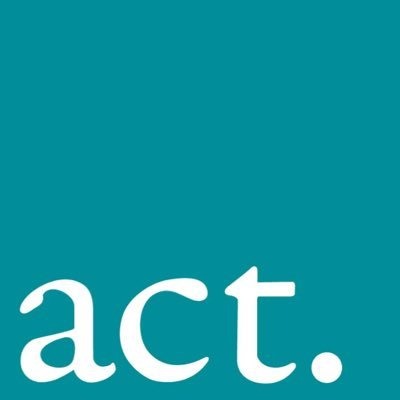Suicide hotlines have proved their efficacy in suicide prevention in many studies and research projects.
One of the studies conducted (Ingram et al., 2008) studied the efficacy of hotlines over a 5-year-period. Data from over 300,000 callers was collected from a large national hotline. Males and females between the ages of 10 to 89 made calls for various reasons like suicide attempts, youth concerns, issues related to parents, and general mental health problems. Half of the participants were first-time callers. As the caller was older in age, they would call for issues like loneliness and the younger they are, the more depression-related issues were the reason they called. Regardless of the reason behind the call. The suicide hotline served as an effective measure against suicidal tendencies and other related issues. This study found great support to the effectiveness of suicide hotlines to prevent any suicidal injuries or suicide attempts as well as help with other mental issues as it gives a problem-solving approach and assists people of all ages.
Currently, in Saudi Arabia, there is no 24/7 functioning suicide/crisis hotline but there is the national center for mental health promotion where people in crisis can call to get help. However, this line is not specified for suicide, and it is not available 24/7. It only works from 8 am to 8 pm all days of the week and 1 pm to 8 pm on Fridays. Because of that, a lot of suicidal individuals revert to social isolation as a way to deal with their suicidal ideation.
Telephone helplines have demonstrated their efficacy in preventing suicide and self-harm among at-risk individuals. Yet, the process of evaluating helpline efficacy has been limited. This study wanted to evaluate the efficacy of a UK-based crisis hotline from the perspective of a helpline worker and a service user. Callers to the UK-based hotline were asked to talk about their mental health when the call started and once again when the call was about to end by using a short questionnaire. The hotline workers were given a survey about using the short questionnaire to evaluate the service’s efficacy. After collecting and sorting the data, the hotline proved to be successful in reducing suicidal ideation and any self-harming behavior or ideation. This study succeeded in implementing this short questionnaire into routine practice. This way, the study managed to evaluate the efficacy of suicide hotline using a short questionnaire (Tyson et al., 2016).
In an evaluation of hotline crisis callers, changes in callers’ crisis state were measured from the beginning to the end of the call by examining proximal outcomes of eight centers in the United States. After 3 weeks of the at-risk callers’ call to the hotline, the outcome was evaluated. Around 1,617 crisis callers were assessed in their first call, and 50% of the callers participated in a follow-up assessment to measure the efficacy of the line. There was a major decrease in suicidality and hopelessness of callers from the beginning to the end of the cal. When the follow-up call was made four weeks later, there was a continuing decrease in crisis states and hopelessness (Kalafat et., 2007).
All around the world and across many different cultures, suicide hotlines have demonstrated their efficacy for many different problems and issues. Taking that into consideration, a suicide hotline in Saudi Arabia must be established. A 12-hour helpline is not as effective as a 24-hour hotline. The ideation of suicide is not restricted to certain hours of the day, so a helpline should not be open for specific hours only. With vision 2030 in the kingdom and the increase of awareness in mental health as well as the increase in mental health services across the kingdom, a suicide hotline is the essential next step that must be taken in order to fulfill what the vision stands for. Not only that but also the presence of social media to every individual in the kingdom could possibly contribute to an increase in suicidal ideation among youth. Thus, the hotline is a necessity more than ever, and pushing for it is a community responsibility.
This article was written by Danah AlGhamdi, a Psychology student
Leave a reply









Most Commented